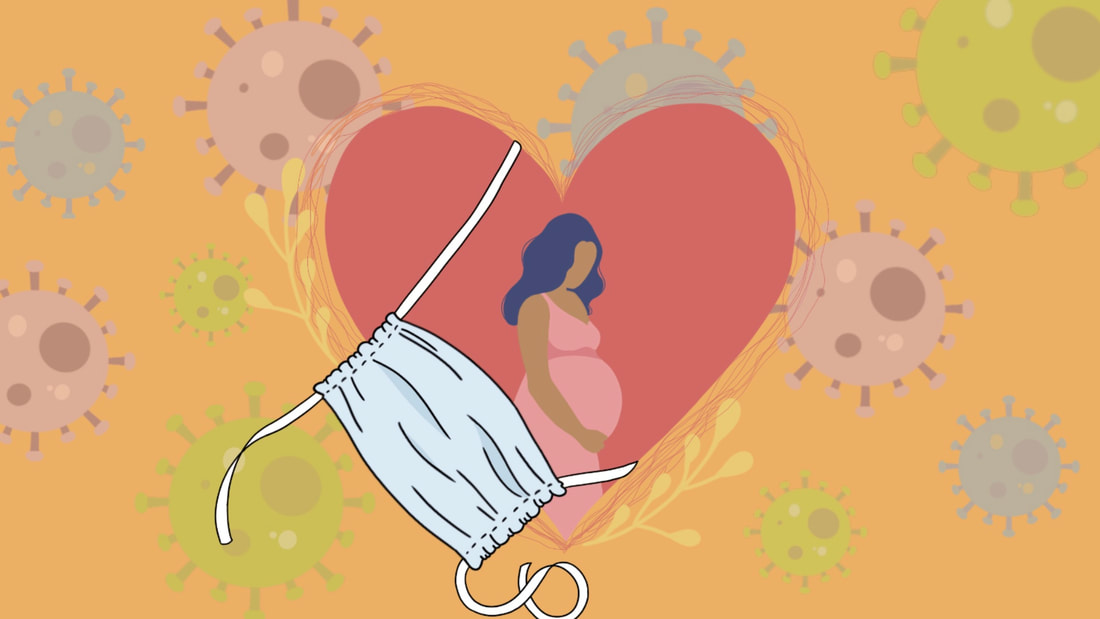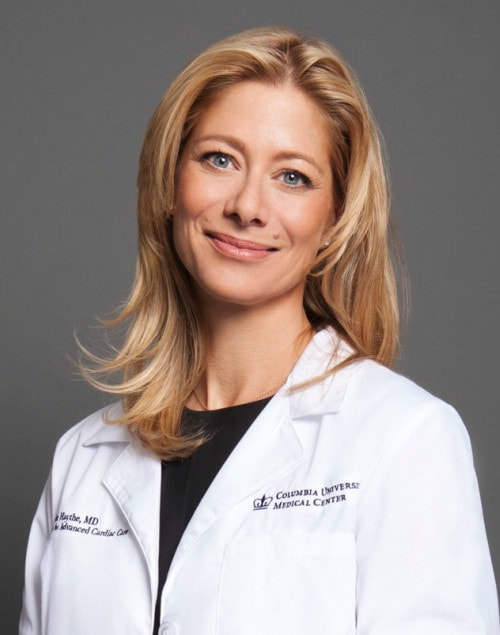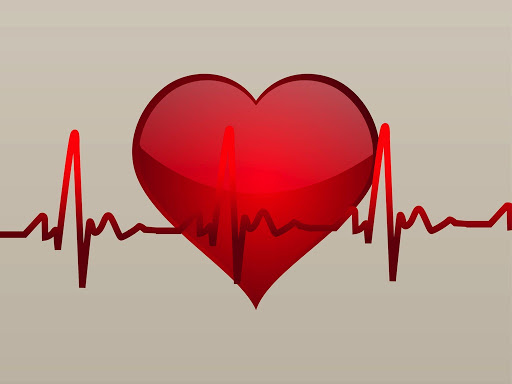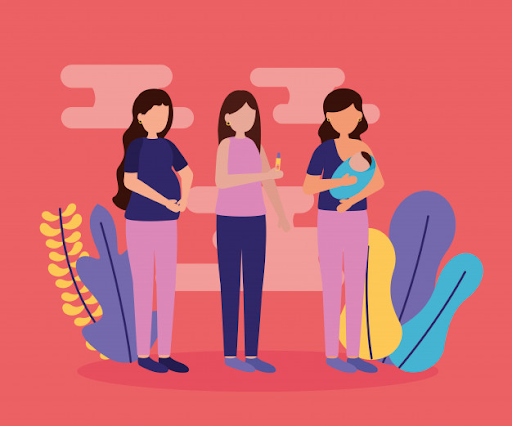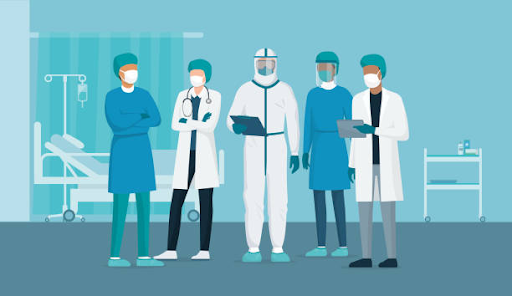Interview Highlights: Providing Cardiac Care for Pregnant Women During COVID-19 With Jennifer Haythe7/15/2020
By: Hannah Lin (CC '23)
The following is a heavily condensed version of the full interview. If you're interested, read more here. Could you talk about the COVID-19 research that you’re involved in?
Finally, I do cardiac obstetrics, which is the care of pregnant women with heart disease, and the obstetrics group published a paper with guidelines on how to do telemedicine visits with pregnant women with different medical problems. I participated in the section on cardiac problems during pregnancy, how to manage during COVID, and what the recommendations would be for how to integrate televisits with in-person visits. How are you seeing pregnant women being uniquely affected by this pandemic?
You dedicated yourself to patients on the frontlines along with other healthcare providers during the peak of the pandemic in New York City. Could you talk about how you felt then and how you feel now, a few months after? I think at the beginning, it was really very stressful. I have two children who are 12 and 15. We’re lucky enough that we have a family country house upstate, so my husband took them there, but then that meant that we were apart for chunks of time, which was hard.
another, took care of each other, making sure that they were okay, they were safe. I felt the hospital handled it incredibly well from an organizational perspective, being very transparent, providing a lot of information.
I think for me personally, it was pretty hard in the beginning, having to travel to see my family, the unknown, the anxiety. I did feel like I had a lot of insomnia. It’s funny you asked because just, I would say, the last week or two, I’ve been starting to feel much more back to myself. I’m not wearing scrubs anymore, I’m wearing normal clothes, and I don’t have to wear Crocs! That’s been a lot better. But it was a good three months that were very challenging. We saw some of our colleagues become very sick and thought some of them would die, we know some people who died, and I think that was emotional for everybody. Lastly, what gives you hope for the future of cardiology, medicine, and society as shaped by everything that has happened this year (the pandemic, the fight for anti-racism)?
hopeless, I’ve seen so much goodness in people during this outbreak in the hospital, whether it’s nurses, doctors, travel nurses from the South who came up to work with the sickest of the sick COVID patients with a smile on their face and FaceTimed the families.
I just always remind myself that there are so many people that are inherently good and that we’re bombarded with all this social media showing how terrible people can be. If you try to push through all that and focus on what you see around you, you’ll see that so many people deep down are incredibly kind, brave, and inspiring. The third, in terms of social justice, I think that in medicine, this has become an incredibly important thing to focus on, not only in providing equitable healthcare to all different kinds of minorities, which is a big focus for me in terms of cardiac obstetrics, knowing that the maternal mortality rate in this country is incredibly high, particularly among Black women, but across all areas of medicine. I think, at Columbia, they are making every effort, as they should, to make all minorities feel like they have no barriers, that they are not being discriminated against, that we are all equal and the same, and are taking note of past decisions that were not acceptable and trying to make changes as a result of that.
0 Comments
Your comment will be posted after it is approved.
Leave a Reply. |

